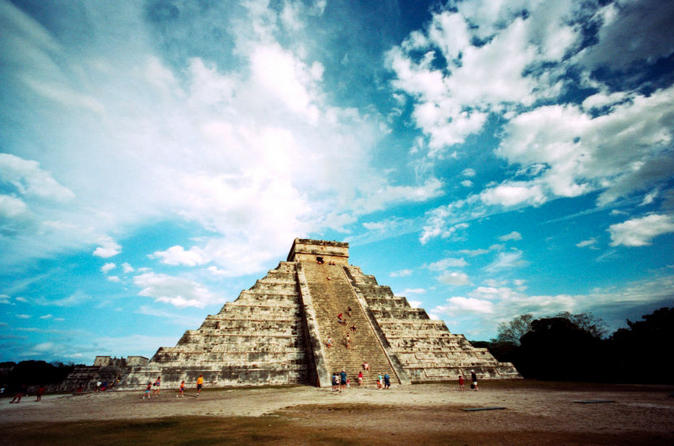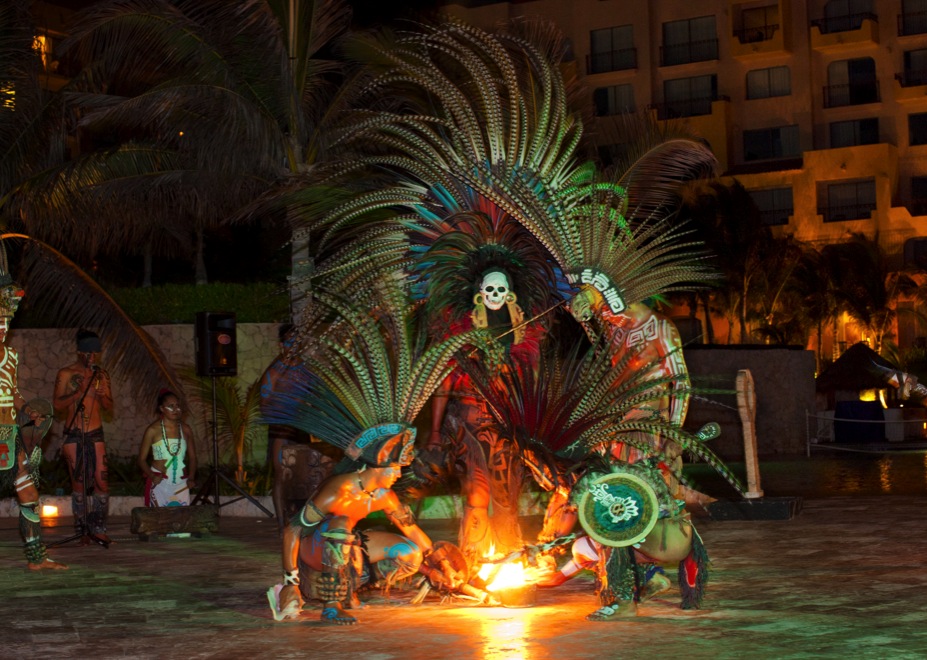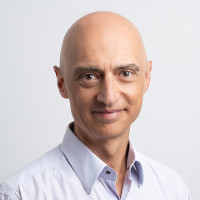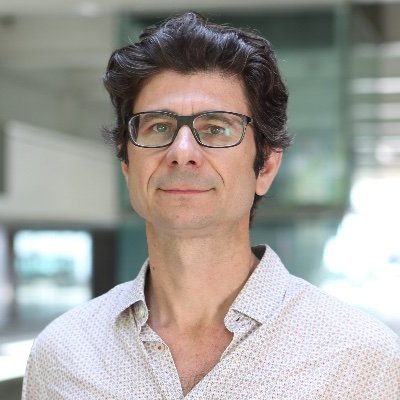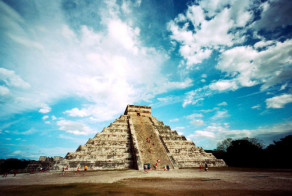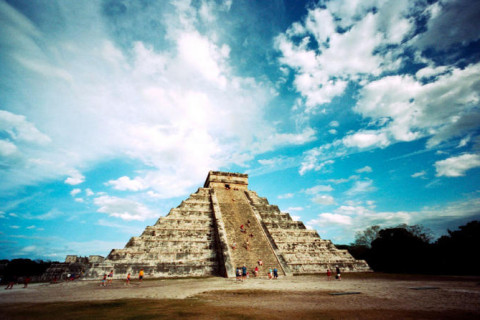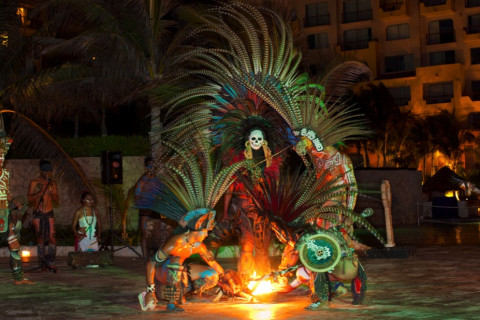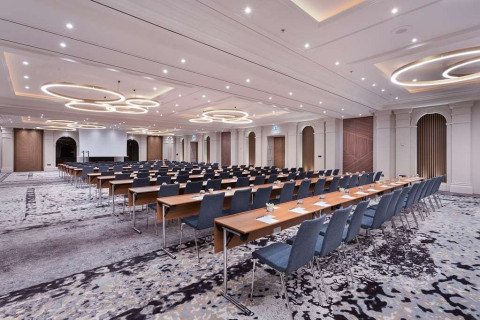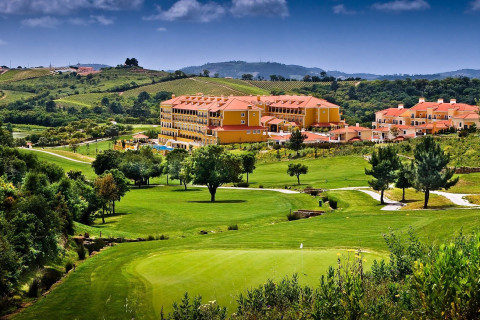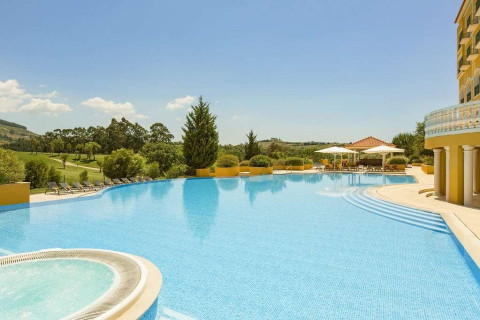- Home
- Past Conferences
- Epigenetics Conference
Epigenetics Conference
From Mechanisms to Disease
15 Feb - 18 Feb 2018
Cancun, Mexico
Early Bird - Expired • Talk Submission - Expired • Poster Submission - Expired • Registration & Payment Deadline - Expired
Synopsis
The DNA of eukaryotic cells is organized into chromatin fibres, where the nucleosome is the basic repeating unit. Chromatin is thus at the core of fundamental processes such as gene regulation, stem cell fate determination and cancer. By and large, these topics have traditionally been covered by separated meetings. However, recent literature indicates that the boundaries among these various disciplines are becoming less clear. This meeting on "Epigenetics: from mechanisms to disease" will bring together scientists studying chromatin architecture, epigenetics, stem cell biology and cancer. The talks will cover a broad range of topics, including chromosome organisation, long-range interactions, chromatin assembly, stem cell regulation/differentiation, RNA-based mechanisms, transcription regulation, DNA methylation and hydroxymethylation.
Speakers have been selected to broadly reflect lessons learned from a variety of model organisms and experimental approaches. Young scientists will be able to present their work through a large number of short talks selected from submitted abstracts as well as through poster presentation. The program has also allocated ample time for exchanging ideas and discussing novel hypotheses at the end of each session, as well as time for informal interactions and networking.
Join the conference LinkedIn group to keep up to date with announcements and latest news concerning the conference.
Target Audience
This conference will appeal to PhD students, post-doc and group leaders working in the field of chromatin architecture, epigenetics, stem cell biology and cancer.
Learning Objectives
This conference integrates the burgeoning field of epigenetics with the underlying processes of chromatin organization, transcription regulation and aspects of stem cell biology. This knowledge can be exploited for the generation and improvement of novel tools for the prediction, the diagnosis, and eventually the individualized treatment of human diseases.
Student Offer
Take advantage of this fantastic opportunity for students! Register an academic at the normal rate and bring a student for only $745. Unfortunately, Postdocs are not eligible. Both registration packages include; accommodation for the 15, 16, 17 Feb 2018 (on a shared basis for students, note guest rooms are open plan) and a 24hour all-inclusive food and beverage package for the conference period. Once registered, please contact Emily Bicknell (emily@fusion-conferences.com) to obtain a special registration link for your student.
Confirmed Invited Speakers
Tony Kouzarides (Gurdon Institute)
RNA MODIFICATION PATHWAYS: THEIR FUNCTION AND ROLE IN CANCER
Ramin Shiekhattar (University of Miami Miller School of Medicine)
INTEGRATOR REGULATES FIDELITY OF TERMINATION
Job Dekker (University of Massachussets Medical School)
FOLDING, UNFOLDING AND REFOLDING OF GENOMES
Victor Corces (Emory University)
MECHANISMS OF TRANSGENERATIONAL INHERITANCE OF OBESITY EPIPHENOTYPES
Maria-Elena Torres-Padilla (Institute of Epigenetics and Stem Cells)
EPIGENETIC MECHANISMS IN EARLY MAMMALIAN DEVELOPMENT: A TRANSPOSON SHOT
Ali Shilatifard (Northwestern University)
PRINCIPLES OF EPIGENETICS AND CHROMATIN IN DEVELOPMENT AND HUMAN DISEASE
Salvador Aznar Benitah (IRB Barcelona)
EPIGENETIC MECHANISMS IN ADULT STEM CELLS FUNCTION
Robert Schneider (University of Munich)
NOVEL PLAYERS IN CHROMATIN
Robert Sims (Constellation Pharmaceuticals)
UTILIZING CHEMICAL BIOLOGY TO IDENTIFY NOVEL STRATEGIES TARGETING HISTONE ACETYL SIGNALING IN CANCER
Anne Ferguson-Smith (University of Cambridge)
VARIABLE SILENCING OF THE REPEAT GENOME - IMPLICATIONS FOR NON-GENETIC INHERITANCE
Jerome Déjardin (Institute of Human Genetics of Montpellier)
TRANSCRIPTIONALLY ACTIVE HETEROCHROMATIN CONTROLS THE ACTIVATION OF ALTERNATIVE LENGTHENING OF TELOMERES
François Fuks (Université Libre de Bruxelles)
TRANSCRIPTOME-WIDE DISTRIBUTION AND FUNCTION OF RNA MODIFICATIONS
Alvaro Rada-Iglesias (University of Cologne)POLYCOMB PROTEINS AS TOPOLOGICAL FACILITATORS OF ENHANCER FUNCTION DURING NEURAL INDUCTION
Adrian Bracken (Smurfit Institute of Genetics)
A NEW FAMILY OF VERTEBRATE-SPECIFIC POLYCOMB PROTEINS BALANCE PRC2 ACTIVITIES.
Cigall Kadoch (Dana-Farber Cancer Institute)
STRUCTURE AND FUNCTION OF MAMMALIAN SWI/SNF (BAF) COMPLEXES IN HUMAN DISEASE
Leonie Ringrose (Humboldt-Universität zu Berlin)
EPIGENETICS MEETS MATHEMATICS: THEORETICAL ANALYSIS OF MEMORY AND SWITCHING IN POLYCOMB/ TRITHORAX REGULATION
Roberto Bonasio (University of Pennsylvania)
EPIGENETIC REGULATION OF SOCIAL BEHAVIOR IN ANTS
Michael Levine (Lewis-Sigler Institute)
TRANS-CHROMOSOMAL ENHANCER-PROMOTER INTERACTIONS IN LIVING DROSOPHILA EMBRYOS
Sandra Peiro (Vall d’Hebron Institute of Oncology - VHIO)
TRANS-CHROMOSOMAL ENHANCER-PROMOTER INTERACTIONS IN LIVING DROSOPHILA EMBRYOS
Iva Tchasovnikarova (Harvard University)
NEUROPATHIC MUTATIONS IN MORC2 HYPERACTIVATE EPIGENETIC SILENCING BY THE HUSH COMPLEX
Confirmed Speakers
Chairs
Invited Speakers
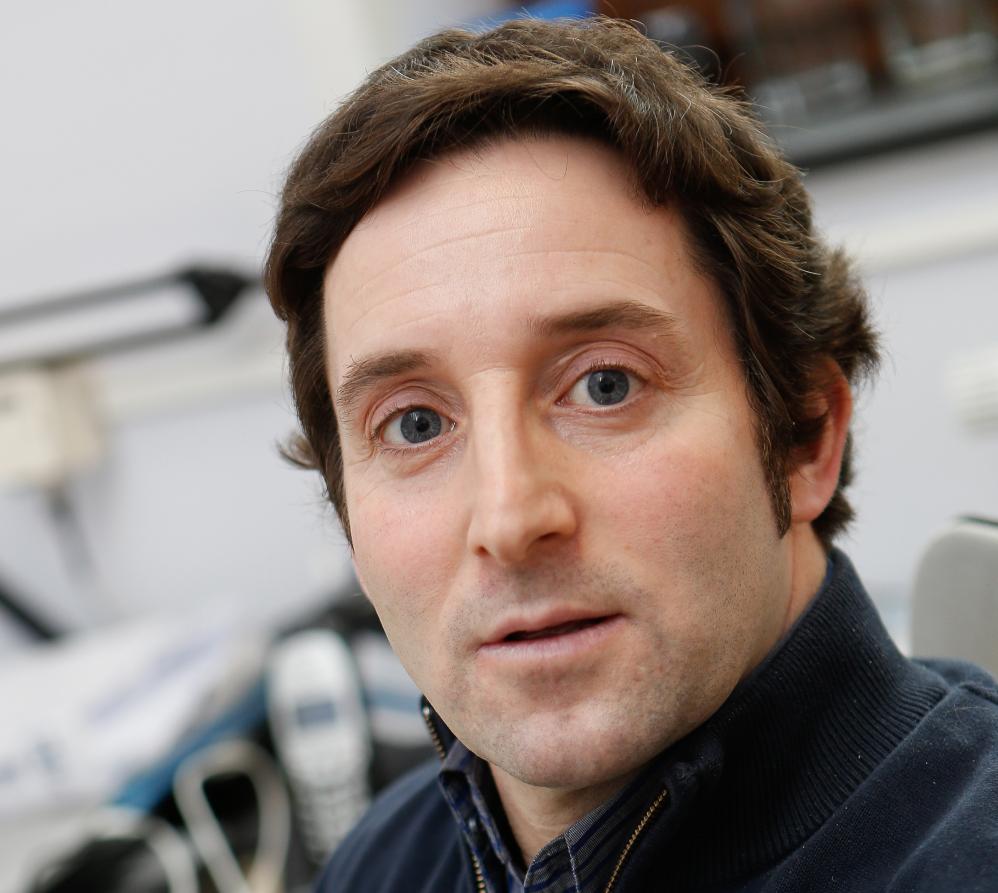
Francois Fuks
Professor, University of Brussels

Ramin Shiekhattar
Professor , University of Miami
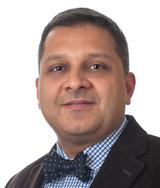
Ali Shilatifard
Chairman Dept of Biochemistry and Molecular Genetices, Northwestern University Feinberg School of Medicine
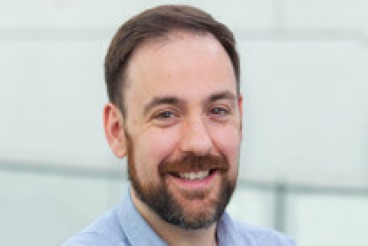
Alvaro Rada-Iglesias
Junior Research Group Leader, Center for Molecular Medicine Cologne (CMMC), University of Cologne
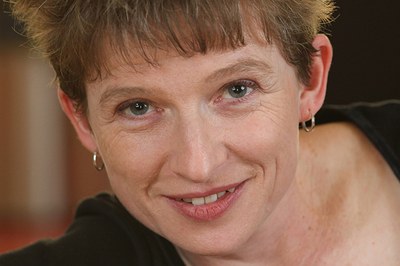
Leonie Ringrose
Professor , Humboldt University Berlin
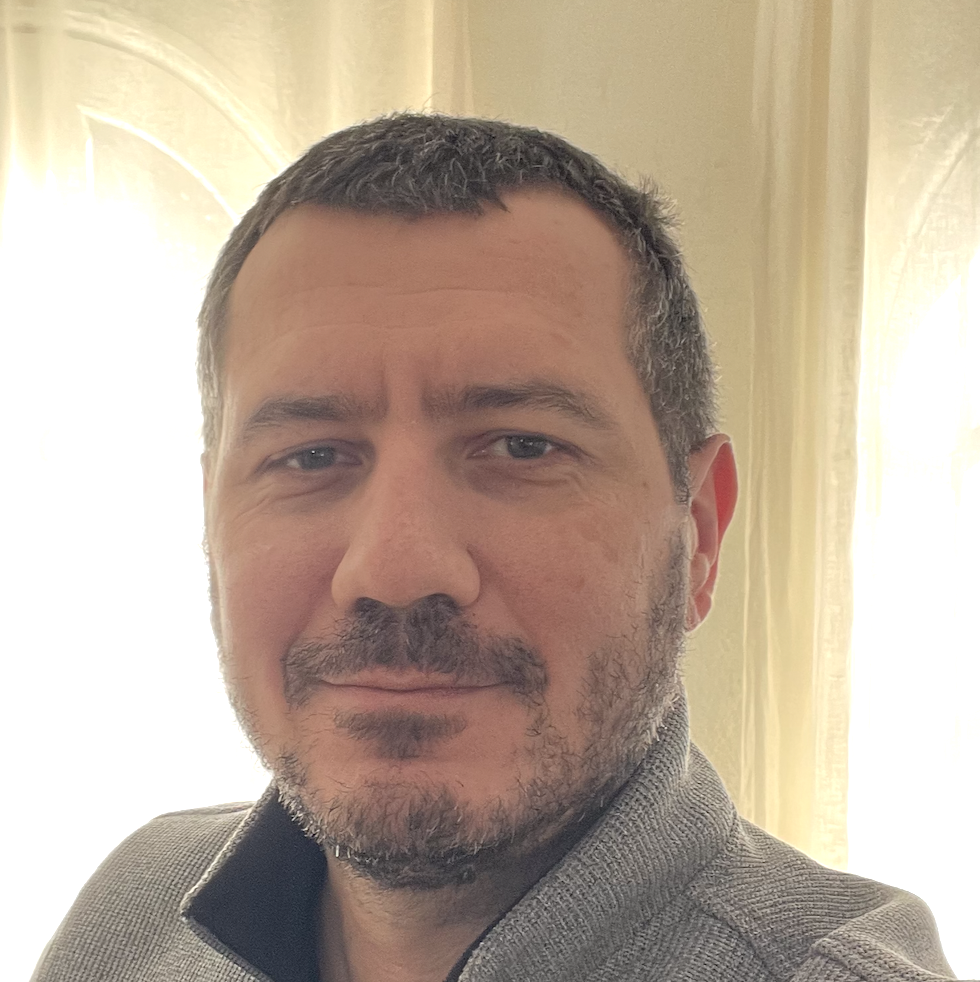
Roberto Bonasio
Professor, University of Pennsylvania
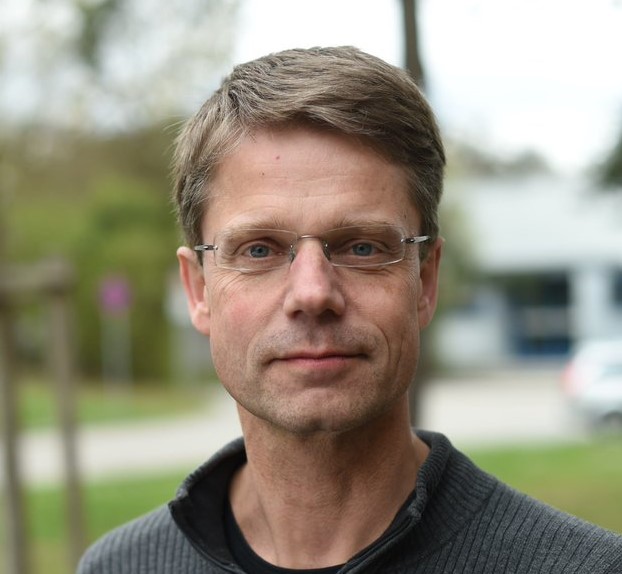
Robert Schneider
PI, Institute of Functional Epigenetics, HMGU
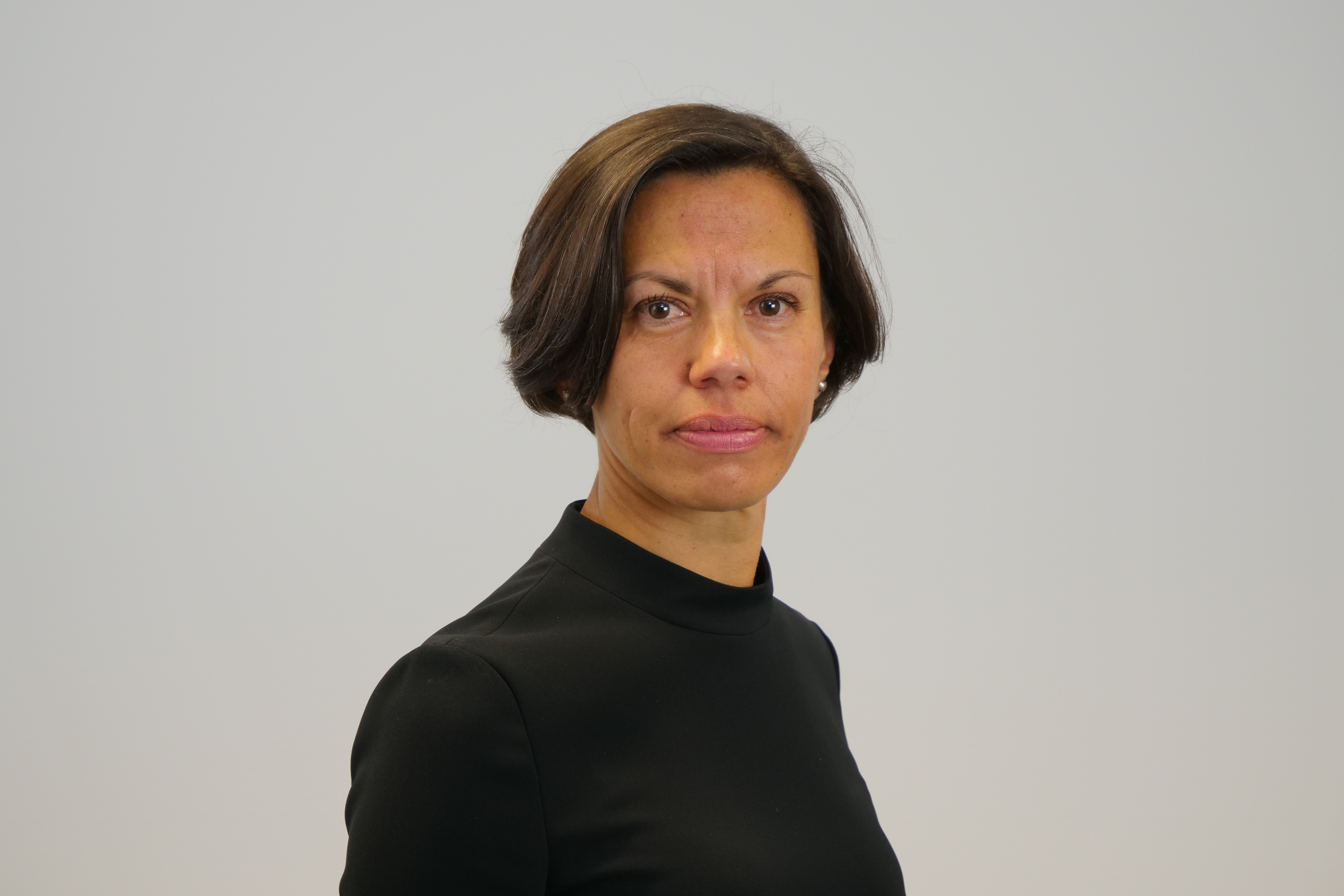
Maria-Elena Torres-Padilla
Director, Helmholtz Zentrum München Deutsches Forschungszentrum für Gesundheit und Umwelt (GmbH)
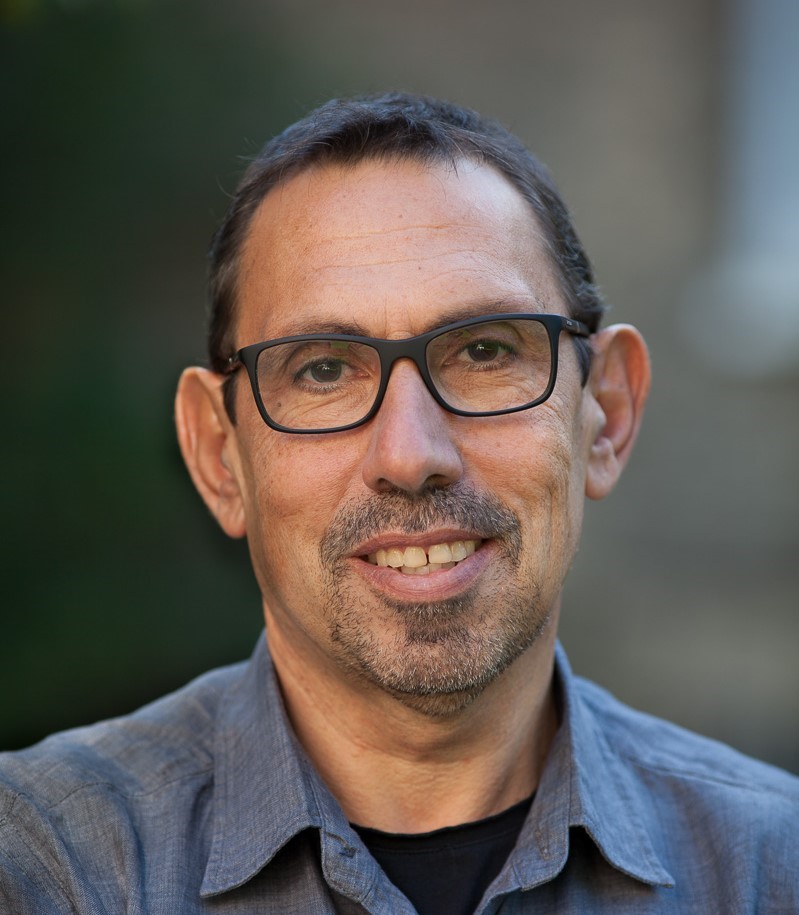
Tony Kouzarides
Deputy Director, University of Cambridge
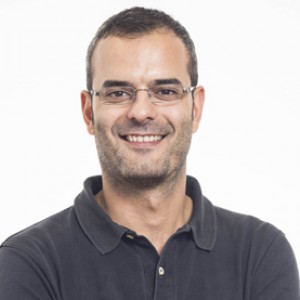
Salvador Aznar Benitah
Group Leader - ICREA Research Professor, IRB Barcelona
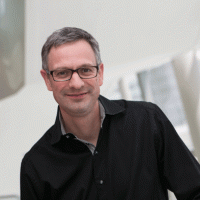
Job Dekker
Professor and Co-Director, Univ. of Massachusetts Medical School
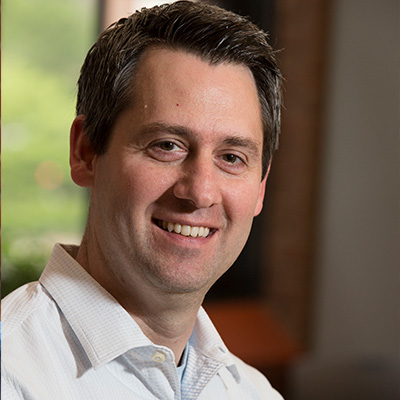
Robert Sims
Sr. VP Research, Constellation Pharmaceuticals

Jerome Dejardin
Group Leader, IGH CNRS
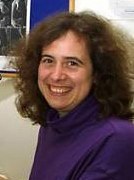
Anne Ferguson-Smith
Arthur Balfour Professor of Genetics and Head of Department, University of Cambridge
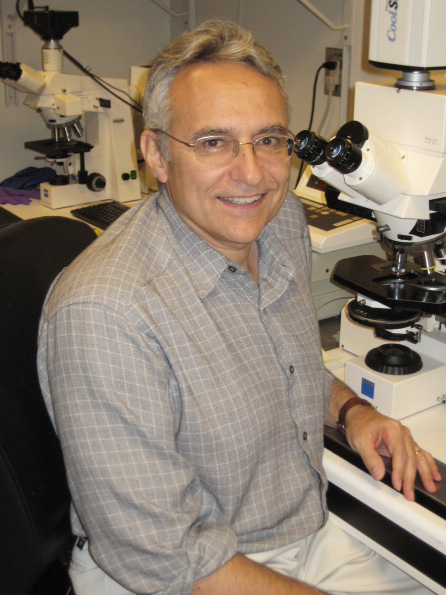
Victor Corces
Professor, Emory University School of Medicine
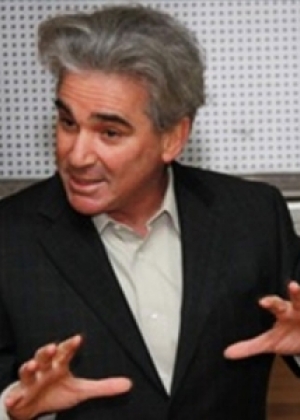
Michael Levine
Professor & Director, Princeton University
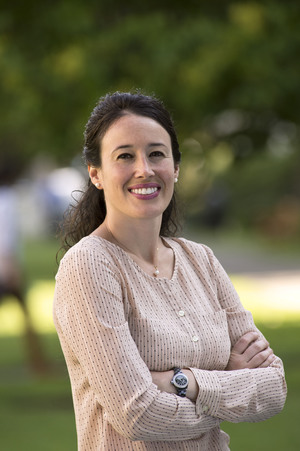
Cigall Kadoch
Associate Professor, Dana-Farber Cancer Institute and Harvard Medical School
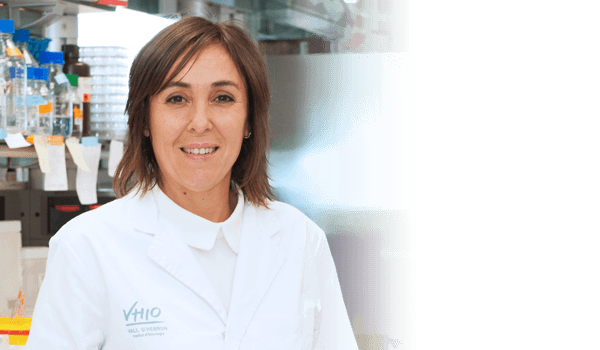
Sandra Peiró
Head of Chromatin Dynamics in Cancer Group, Vall D'Hebron Institute of Oncology
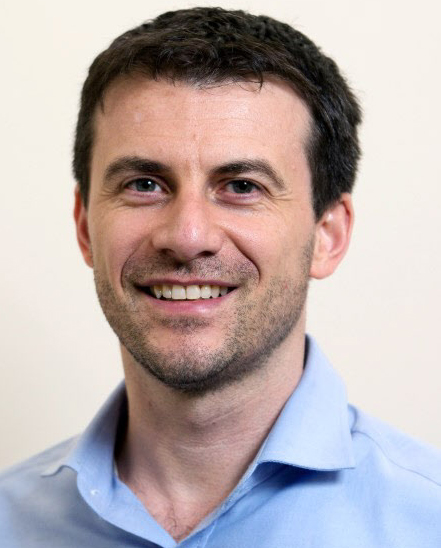
Adrian Bracken
Professor, Trinity College Dublin
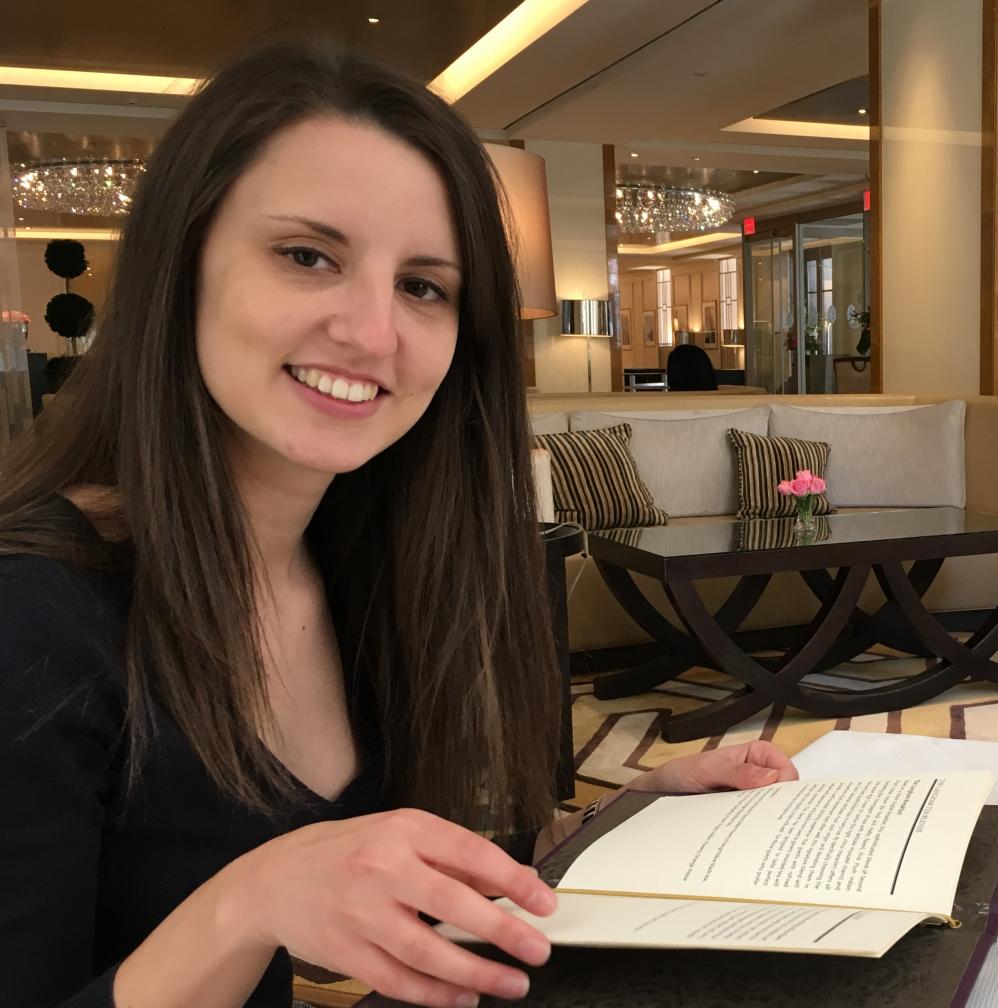
Iva Tchasovnikarova
Research Fellow, Massachusetts General Hospital
Programme
THURSDAY 15TH FEBRUARY 2018 |
||
|
15:00 – 16:00 |
Registration & Reception |
|
|
15:00 – 15:45 |
Welcome Lunch |
|
|
3D Genome, epigenetic inheritance and development |
||
|
16:00 – 16:10 |
Opening Comments |
|
|
16:10 – 16:40 |
Giacomo Cavalli |
3D GENOME ORGANIZATION AND POLYCOMB IN DEVELOPMENT AND EPIGENETIC INHERITANCE |
|
16:40 – 17:10 |
Victor Corces |
MECHANISMS OF TRANSGENERATIONAL INHERITANCE OF OBESITY PHENOTYPES |
|
17:10 – 17:40 |
Job Dekker |
FOLDING, UNFOLDING AND REFOLDING OF GENOMES |
|
17:40 – 18:10 |
Leonie Ringrose |
EPIGENETICS MEETS MATHEMATICS: THEORETICAL ANALYSIS OF BISTABILITY AND BIVALENT CHROMATIN IN THE POLYCOMB/TRITHORAX SYSTEM. |
|
18:10 – 18:40 |
Refreshments |
|
|
18:40 – 19:10 |
Maria-Elena Torres-Padilla |
EPIGENETIC MECHANISMS IN EARLY MAMMALIAN DEVELOPMENT: SEARCHING FOR GLOBAL CHROMATIN TRENDS |
|
19:10 – 19:40 |
Anne Ferguson-Smith |
VARIABLE SILENCING OF THE REPEAT GENOME - IMPLICATIONS FOR NON-GENETIC INHERITANCE |
|
19:40 – 19:55 |
Anne-Marie Martinez |
COORDINATE REDEPLOYMENT OF PRC1 PROTEINS SUPPRESSES TUMOR FORMATION DURING DROSOPHILA DEVELOPMENT |
|
19:55 – 20:10 |
Marc Rehmsmeier - |
GENOME-WIDE PREDICTION OF FLY POLYCOMB/TRITHORAX RESPONSE ELEMENTS USING HIGH-THROUGHPUT EXPERIMENTAL DATA |
|
20:10 |
Dinner at Leisure |
|
FRIDAY 16TH FEBRUARY 2018 |
||
|
07:00 – 08:45 |
Breakfast |
|
|
Chromatin Complexes |
||
|
09:00 – 09:15 |
Ruslan Sadreyev |
COOPERATION BETWEEN POLYCOMB AND TRITHORAX/COMPASS COMPLEXES AT BIVALENT PROMOTERS |
|
09:15 – 09:30 |
Claudia Gentile |
UNCOVERING THE ROLE OF POLYCOMB GROUP PROTEINS IN CHROMATIN ARCHITECTURE AND HOXA GENE REGULATION DURING LIMB DEVELOPMENT |
|
09:30 – 10:00 |
Alvaro Rada-Iglesias |
POLYCOMB PROTEINS AS TOPOLOGICAL FACILITATORS OF ENHANCER FUNCTION DURING NEURAL INDUCTION |
|
10:00 – 10:30 |
Adrian Bracken |
A NEW FAMILY OF VERTEBRATE-SPECIFIC POLYCOMB PROTEINS BALANCE PRC2 ACTIVITIES |
|
10:30 – 11:00 |
Refreshments & Group Photo |
|
|
11:00 – 11:30 |
Luciano Di Croce |
ROLE OF POLYCOMB AND MLL COMPLEXES IN NUCLEAR ARCHITECTURE AND GENE REGULATION |
|
11:30 – 12:00 |
Iva Tchasovnikarova Massachusetts General Hospital |
NEUROPATHIC MUTATIONS IN MORC2 HYPERACTIVATE EPIGENETIC SILENCING BY THE HUSH COMPLEX |
|
12:00 – 16:30 |
Lunch at Leisure & Free Time |
|
|
12:30 – 16:00 |
Snorkel Trip (TBC) |
|
|
Chromatin, ncRNAs, Cell Fate and Disease |
||
|
16:30 – 17:00 |
Tony Kouzarides |
MODIFICATIONS OF RNA: THEIR FUNCTION AND ROLE IN CANCER |
|
17:00 – 17:15 |
Ranjan Perera |
THE LONG NONCODING RNA SPRIGHTLY ACTS AS AN INTRA-NUCLEAR ORGANIZING HUB FOR PRE-mRNA MOLECULES |
|
17:15 – 17:45 |
Ali Shilatifard |
PRINCIPLES OF EPIGENETICS AND CHROMATIN IN DEVELOPMENT AND HUMAN DISEASE |
|
17:45 – 18:00 |
Gabriella Ficz |
NAÏVE HUMAN PLURIPOTENCY AS A MODEL FOR MECHANISMS OF ABERRANT DNA HYPERMETHYLATION IN CANCER |
|
18:00 – 18:30 |
Salvador Aznar Benitah |
EPIGENETIC MECHANISMS IN ADULT STEM CELLS FUNCTION |
|
18:30 – 20:00 |
Poster Session |
|
|
20:00 |
Dinner at Leisure |
|
SATURDAY 17TH FEBRUARY 2018 |
||
|
07:00 – 08:45 |
Breakfast |
|
|
Heterochromatin and Chemical Biology Approaches |
||
|
09:00 – 09:15 |
Paul Guilhamon |
CHROMATIN-BASED GBM CANCER STEM CELL CLASSIFICATION REVEALS THREE SUBTYPES SENSITIVE TO UNIQUE DRUG TREATMENTS |
|
09:15 – 09:45 |
Robert Schneider |
NOVEL PLAYERS IN CHROMATIN |
|
09:45 – 10:15 |
François Fuks |
TRANSCRIPTOME-WIDE DISTRIBUTION AND FUNCTION OF RNA MODIFICATIONS |
|
10:15 – 10:45 |
Refreshments |
|
|
10:45 – 11:15 |
Jerome Déjardin |
TRANSCRIPTIONALLY ACTIVE HETEROCHROMATIN CONTROLS THE ACTIVATION OF ALTERNATIVE LENGTHENING OF TELOMERES |
|
11:15 – 11:45 |
Robert Sims |
UTILIZING CHEMICAL BIOLOGY TO IDENTIFY NOVEL STRATEGIES TARGETING HISTONE ACETYL SIGNALING IN CANCER |
|
11:45 – 12:00 |
Y. George Zheng |
BIOORTHOGONAL PROBES TO INTERROGATE PROTEIN LYSINE ACETYLATION AND ACYLATION |
|
12:00 – 12:15 |
Till Bartke |
DECODING CHROMATIN MODIFICATION STATES USING CHEMICAL BIOLOGY AND PROTEOMIC APPROACHES |
|
12:15 – 16:00 |
Lunch at Leisure & Free Time |
|
|
Transcription and Chromatin Reprogramming |
||
|
16:00 – 16:30 |
Ramin Shiekhattar |
INTEGRATOR REGULATES FIDELITY OF TERMINATION |
|
16:30 – 16:45 |
Michael Tolstorukov |
UNRAVELING INTRICATE RELATIONSHIP BETWEEN NUCLEOSOME OCCUPANCY AND CHROMATIN ACCESSIBILITY |
|
16:45 – 17:15 |
Cigall Kadoch |
STRUCTURE AND FUNCTION OF MAMMALIAN SWI/SNF (BAF) COMPLEXES IN HUMAN DISEASE |
|
17:15 – 17:30 |
Qin Yan |
KDM5 HISTONE DEMETHYLASES REGULATE ANTI-VIRAL AND ANTI-TUMOR IMMUNE RESPONSES THROUGH THE STING PATHWAY |
|
17:30 – 17:45 |
David Katz |
THE FUNCTION OF THE HISTONE DEMETHYLASE LSD1 IN CELL FATE AND TAU MEDIATED NEURODEGENERATION |
|
17:45 – 19:30 |
Poster Session |
|
|
20:00 |
*Gala Dinner & Poster Awards* |
|
SUNDAY 18TH FEBRUARY 2018 |
||
|
07:00 – 08:30 |
Breakfast |
|
|
X-inactivation and Epigenetic Phenomena |
||
|
09:00 – 09:15 |
Sundeep Kalantry |
RANDOM X-CHROMOSOME INACTIVATION BY THE HISTONE DEMETHYLASE SMCX/KDM5C |
|
09:15 – 09:30 |
Stefan Pinter |
|
|
09:30 – 10:00 |
Roberto Bonasio |
EPIGENETIC REGULATION OF SOCIAL BEHAVIOR IN ANTS |
|
10:00 – 10:30 |
Refreshments |
|
|
10:30 – 11:00 |
Michael Levine |
TRANS-CHROMOSOMAL ENHANCER-PROMOTER INTERACTIONS IN LIVING DROSOPHILA EMBRYOS |
|
11:00– 11:30 |
Sandra Peirò |
GENOME-WIDE MAPPING OF LAMIN B1 REVEALS THE EXISTENCE OF DYNAMIC AND FUNCTIONAL EUCHROMATIN LAMIN B1 DOMAINS (eLADs) DURING EPITHELIAL-TO-MESENCHYMAL TRANSITION (EMT) |
|
11:30 – 11:45 |
Closing Comments |
|
Supported by
Venue & Location
Fiesta Americana Condesa
This stylish hotel features contemporary Mexican architecture, including one of the largest and most impressive thatched-roof "palapas" in the entire country. There are cultural activities, arts and crafts and sports programs to keep you constantly entertained, plus time to relax and enjoy the Mayan culture, soak up the Caribbean sunshine and revel in the international ambiance that settles in after the sun goes down.
Throughout your stay delegates will enjoy a full meal plan, inclusive of beverages. Take your pick from the aromatic Asian delights at Kaumbu, traditional fare at El Mexicano, delicious international cuisine at Kalmia Buffet or perhaps sample the sumptuous Italian dishes at Rosato. There are also several other dining opportunities such as the Cevichería, Pizzeria, Sushi Corner, pool and lounge bar areas. The Gala Night with either a Mayan or Caribbean theme takes place on the third evening of the conference with a mouth-watering feast of local cuisine, an open bar and amazing local entertainment. We welcome all delegates and their accompanying persons to the Gala Night – a truly fun filled night not to be missed!
Hotel Facilities
- Lagoon Pool
- Extensive Health Club and Spa
- Complimentary Wi-Fi in guest rooms and throughout hotel and conference areas
The Fiesta Americana Condesa, Cancun is the 2015 Winner of the Trip Advisor Certificate of Excellence and also received the Travellers Choice Award in 2014.
The remains of ancient Mayan cities are scattered throughout the Yucatan Peninsula and no trip to Cancun would be complete without a visit to these majestic temples and pyramids set amongst lush tropical vegetation. We will be working very closely with a reputable tour company who will be organising trips to Tulum, Chichen Itza, Coba and Xcaret to name a few, some of which may require a full day. Full day excursions will be arranged pre or post conference and may be on an individual or group booking so we would recommend booking extra nights to extend your stay as early as possible to avoid disappointment should these excursions be of interest to you and/or your party. For further information please contact us.
General Information
Venue Rating
★ ★ ★ ★ ★
Currency
US Dollar (USD)
Address
Fiesta Americana Condesa, Blvd.Kukulkán km 16.5 Zona Hotelera, Cancun, 77500 Mexico
Nearest Airport
Cancun International Airport
Location
Cancun is a delightful combination of natural beauty, islands, ecological reserves and white sandy beaches. However, besides sun, sand and sea, this destination also offers an infinite variety of underwater activities to choose from: the diving, snorkelling and fishing here are outstanding and you will find an undersea world packed with tropical fish that live on the second largest barrier reef in the world. Sports enthusiasts might choose one of the many eco-tourism activities, such as cycling or hiking through the tropical forest or kayaking through mangroves, or something a little more adventuresome, like zip lining through the treetops.
Apart from the more well-known ancient Mayan archealogical sites such as Tulum, Cobá and Chichén Itzá you may like to visit the Aktun Chen caverns, voted one of the Top 10 underwater walks by National Geographic described as a truly magical experience.
Gallery
View on FlickrIf you are interested in this meeting but not yet ready to register, you can sign up for updates here and our team will keep you updated regarding deadline reminders and grant opportunities relating to this meeting only.
If you're interested in sponsoring this conference please contact us.
Conference Manager

Emily Meen
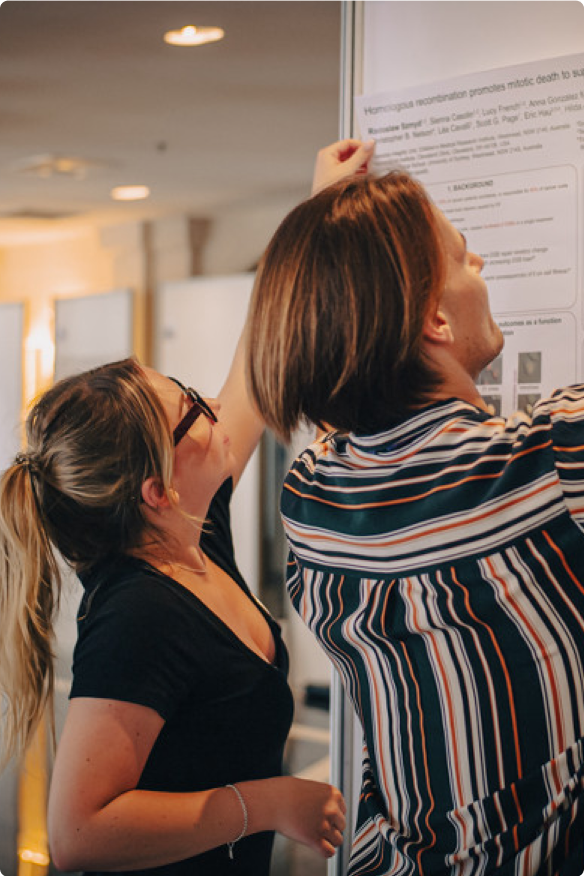
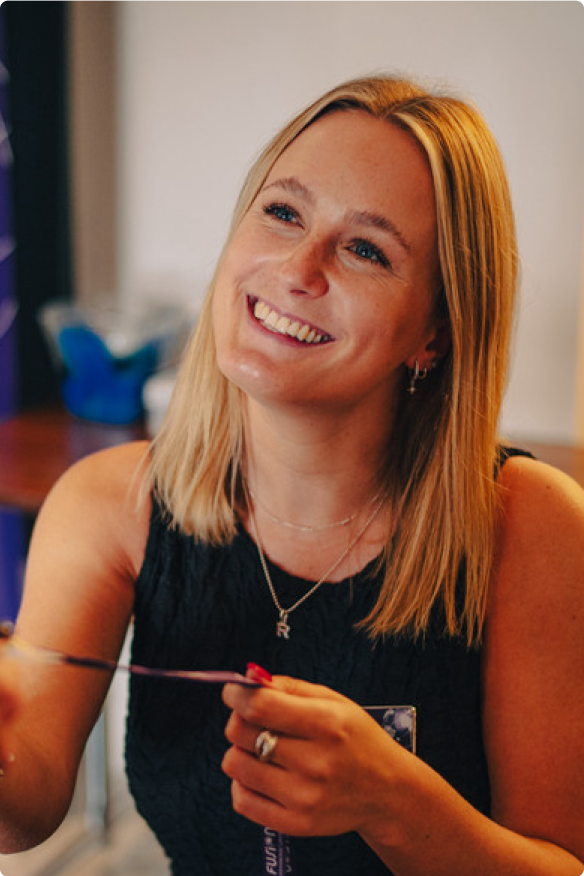
Need some help? Chat to the Fusion team today
As a family run business, our dedication runs deep. We’re committed to each other and, even more so, to every attendee’s experience, delivering a level of care and passion that’s truly unmatched.

